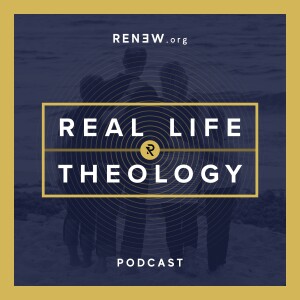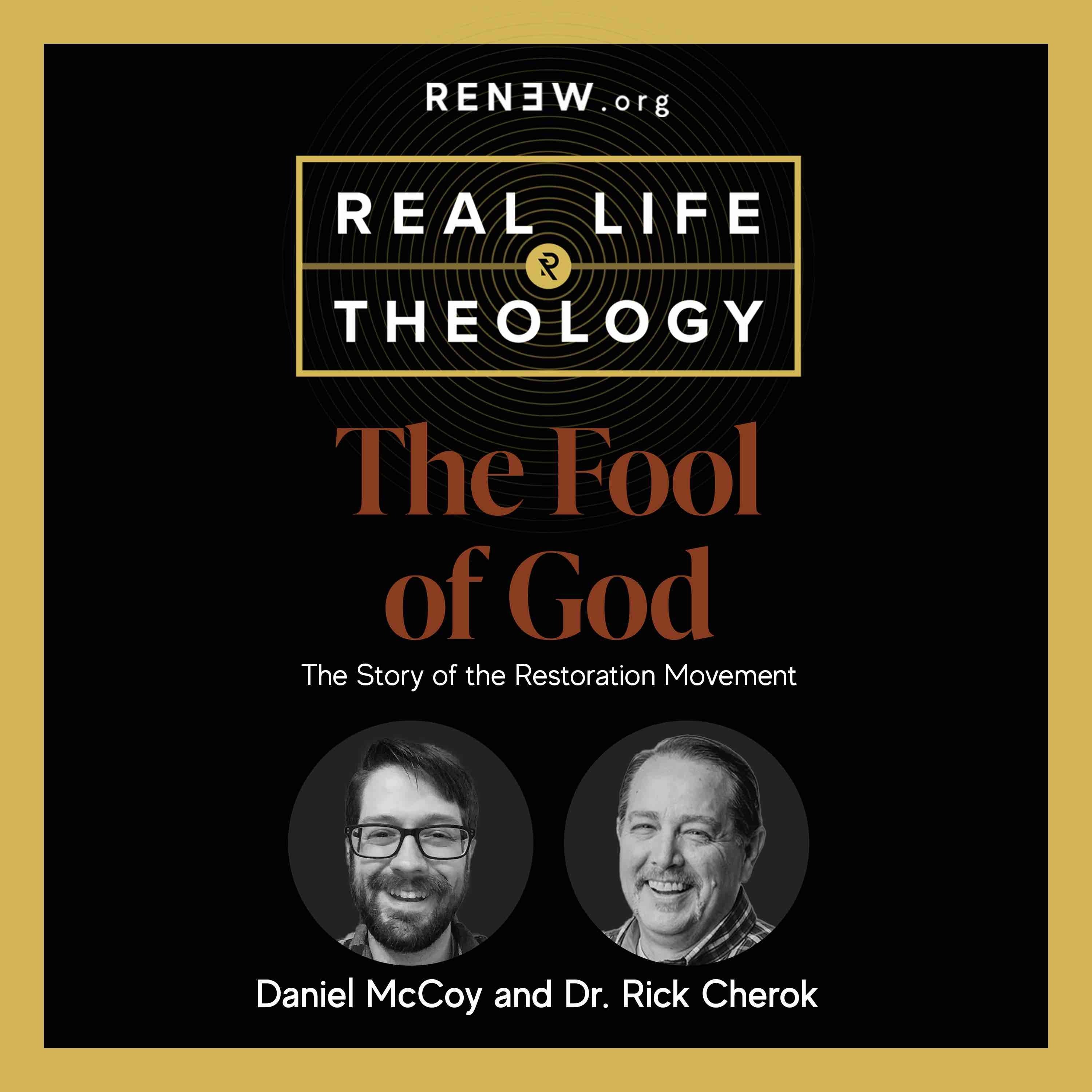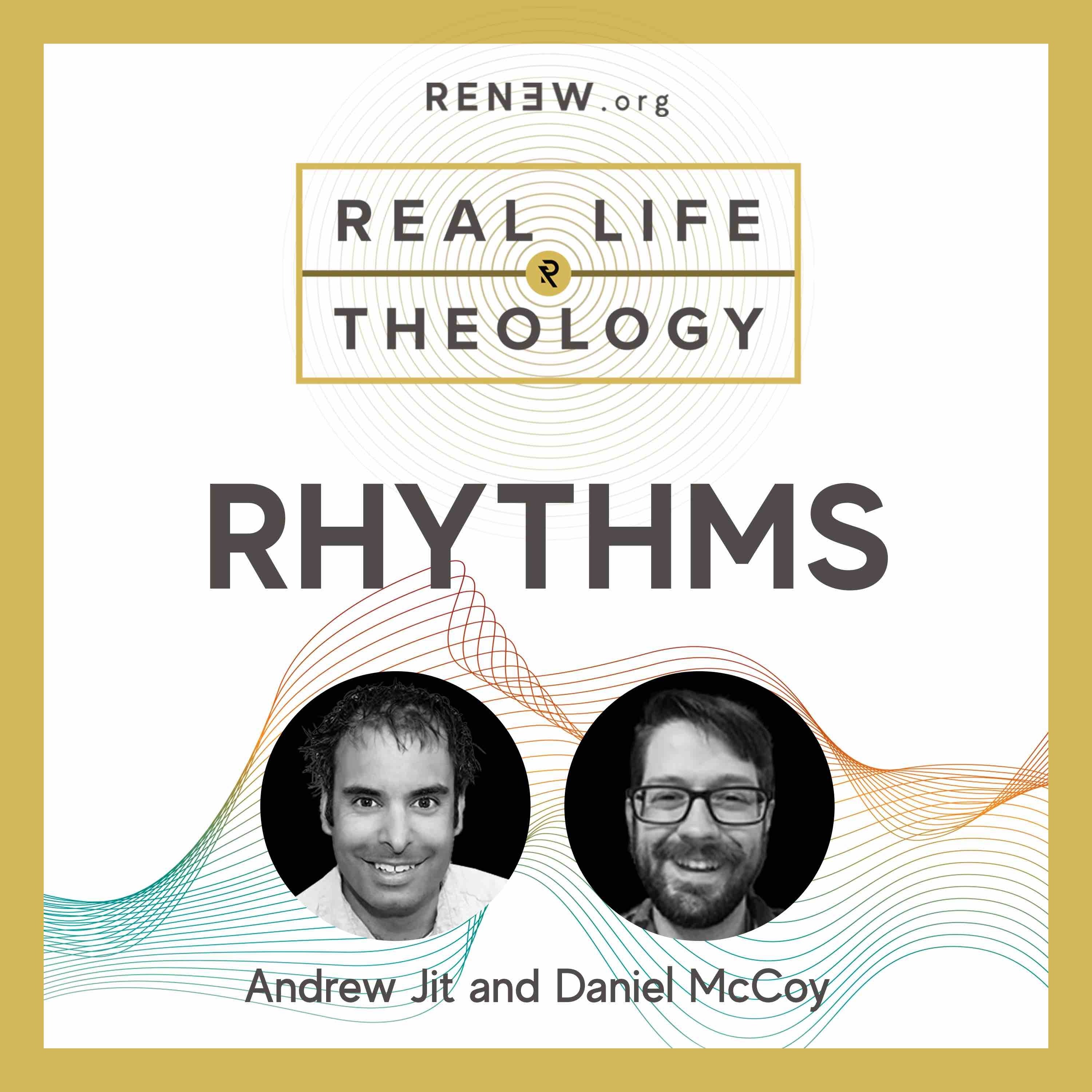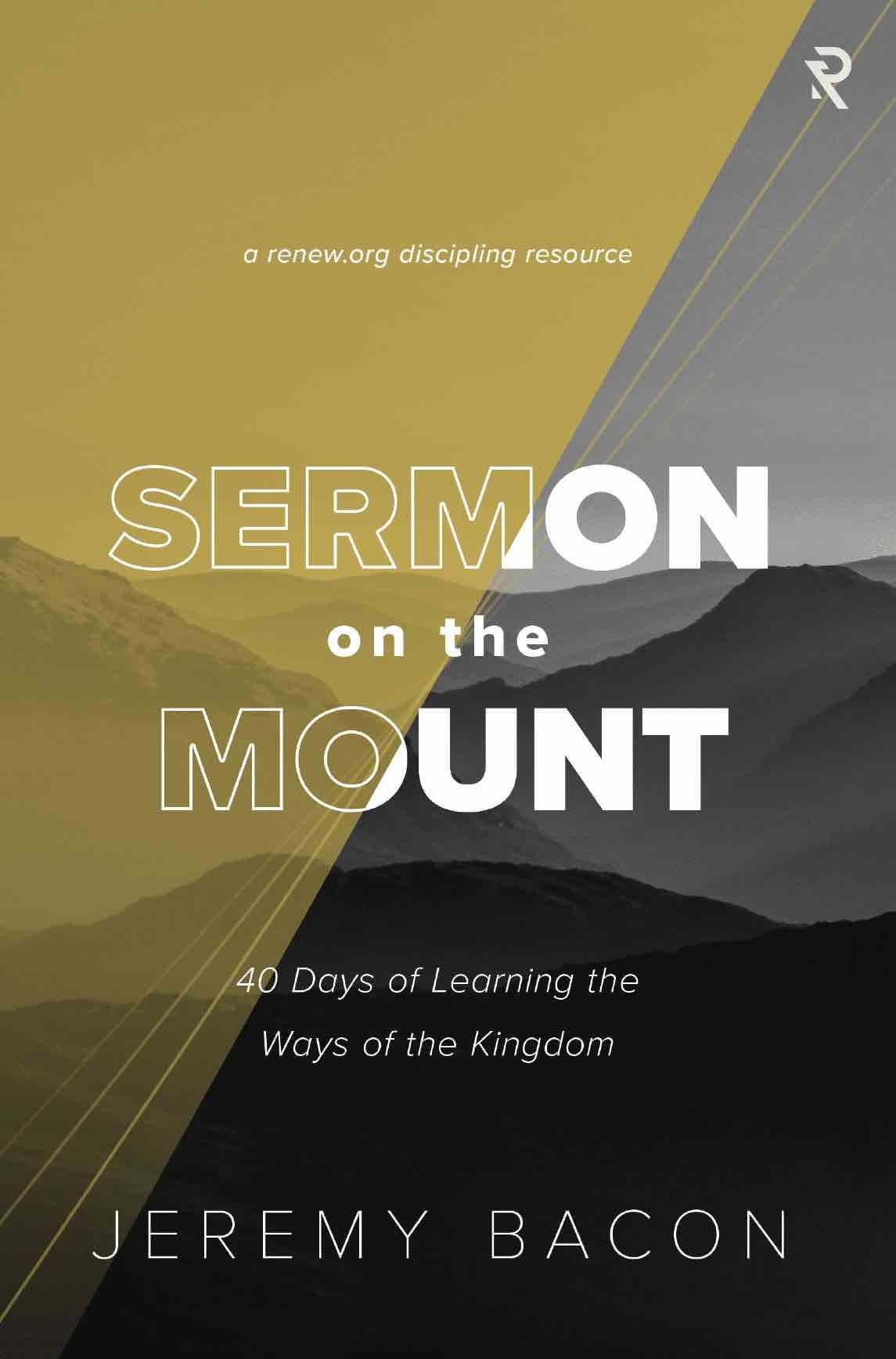Visit Renew.org to sign up for our email newsletter and be the first to know about new content, books and resources.
https://renew.org/
Join RENEW.org at an upcoming event: https://renew.org/resources/events/
Join RENEW.org's Newsletter: https://renew.org/resources/newsletter-sign-up/
Aligning Your Church for Disciple Making: Five Shifts, One Mission
This session is on aligning churches around Jesus’ method of intentional, relational disciple making. They share personal ministry journeys and describe the challenge of shifting established, often attractional church systems toward obedience-based disciple making rooted in the Great Commission (Matthew 28) and maturity in Christ (Colossians 1). Using an iPhone vs. Android operating system metaphor, they argue disciple making can’t be added as a side program but must reshape the whole church. They present research findings that fewer than 5% of U.S. churches have a culture rooted in Jesus-style disciple making and outline four core practices seen in exemplary churches: convictional leadership, a contextual and reproducible model, high expectations, and cultural alignment.
00:00 Welcome & Why Disciple-Making Alignment Matters04:03 Jeff Story: From Slogans to a Disciple-Making Culture08:23 Paul: Leaving Membership Metrics for Making Disciples13:24 Training Process Overview + The iPhone vs. Droid ‘Operating System’ Metaphor18:59 State of Disciple-Making in North America + Jesus’ Intentional Relational Method21:40 The Great Commission Explained: ‘Make Disciples’ and Obedience-Based Faith27:09 Beyond ‘Evangelism’ vs ‘Discipleship’: One Mission—Salvation to Maturity32:38 Bobby’s Journey: Coleman, Church Systems, Disciple Shift, and Renew’s Theology41:07 Research Findings: Why Most Churches Aren’t Disciple-Making Churches44:57 The 4 Core Practices: Convictional Leadership, Model, Expectations, Alignment50:09 Why Revelation’s First 3 Chapters Matter Most (Jesus & the Churches)52:38 Legacy Church Challenge: Shifting to a Discipleship Culture Without Blowing It Up54:05 Defining a Disciple: Follow Jesus, Be Changed, Join the Mission56:01 Personal Discipleship Story: Learning to Make Disciples Who Make Disciples57:24 Why People Struggle to Disciple: The Baseball Analogy01:00:15 Early Momentum & Staff Culture Change: Baptisms, Next Steps, Monday Stories01:02:01 The Discipleship Mandate ‘Cumulative’: Jesus, Church, NT, Leaders, Gathering01:11:43 Alignment Killers: Competing Agendas, Wrong Metrics, Instant-Result Expectations01:13:36 10 Levers to Use (Not Demonize): Large Church, Sunday, Pulpit, Tradition, Doctrine01:23:20 Five-Part Roadmap: Missional, Theological, Philosophical, Organizational, Relational01:27:57 Break, Then Missional Alignment Deep Dive: Love God, Love People, Then Make Disciples01:32:38 Avoiding Counterfeit Missions: Tradition, Buildings, and Other Substitutes01:33:20 C.S. Lewis on the Church’s One Job: Make Disciples01:34:12 Mission-Driven vs Member-Driven (and Keeping Jesus’ Mission Central)01:35:04 Theological Alignment: Why Clarity Is Kindness01:36:52 Beyond ‘Essentials/Non-Essentials’: A Better Doctrine Framework01:42:29 A Replicable System for Teaching Core Doctrine (Catechism DNA)01:44:35 Micro Groups & ‘Trust and Follow Jesus’: Simple, Proven, Reproducible01:47:42 Philosophical Alignment: The Jesus Way—Intentional, Relational, Transformational01:52:29 Organizational Alignment: Leading Change Without Blowing Up the Church02:00:26 Relational Alignment: Love, Conflict, and the Messiness of Real Discipleship02:11:31 Next Steps & Final Charge: Join the Alignment Training + Keep Making Disciples
https://renew.org/
Check out the following from RENEW.org:Events: https://renew.org/resources/events/Videos: https://renew.org/media/videos/Podcasts: https://renew.org/media/podcasts/Articles: https://renew.org/articles/Free eBooks: https://renew.org/resources/free-ebooks/Books: https://renew.org/resources/books/Audiobooks: https://renew.org/resources/audiobooks/Sermon Tools: https://renew.org/resources/sermon-tools/Job Board: https://jobs.renew.org/Renew University: https://renewuniversity.org/Real Life Theology Conversations: https://renew.org/rltc/
Sign up for our newsletter: https://renew.org/resources/newsletter-sign-up/
Get our Premium podcast feed featuring all the breakout sessions from the RENEW gathering early.
https://reallifetheologypodcast.supercast.com/
Be sure to like, subscribe and follow on social media!
You can find us on:Instagram: @the.renew.network Facebook: Renew.org Youtube: https://www.youtube.com/@RENEWnetworkTwitter: @therenewnetworkTikTok: the.renew.network Rumble: https://rumble.com/c/RENEW





















